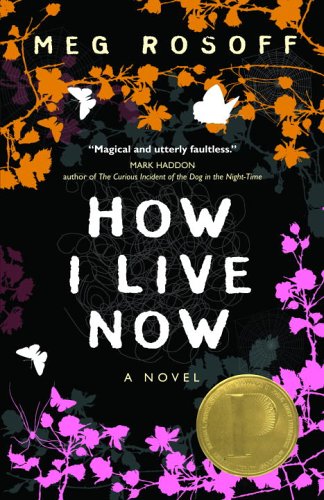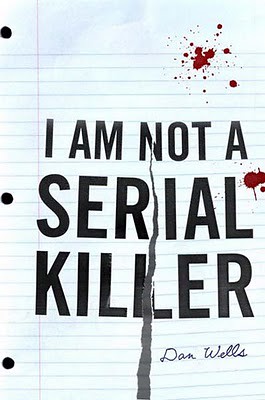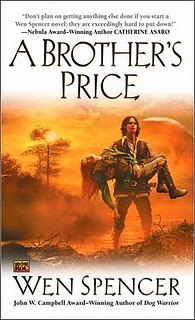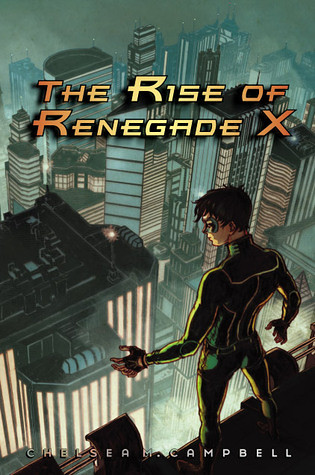
"Calvo's first novel to appear in English is a frenetic and magnificent mashup of family drama, mob revenge story and surreal mystery featuring a gigantic enforcer obsessed with comic books, a 12-year-old girl fixated on Stephen King, a namby-pamby antiques dealer on a mad quest and a crime lord with a penchant for women's coats. Thirty years ago, Barcelona antiques dealer Lorenzo Girault was imprisoned for shady dealings. Now, his son, Lucas, insinuates himself into the seedy underworld to discover who was responsible for his father's ruin. While conspiring with Mr. Bocanegra, the crooked proprietor of a strip club, and Iris Gonzalvo, a failed actress, Lucas simultaneously combats his mother's efforts to usurp his share in the family business and watches after his disturbed young neighbor and only friend, Valentina Parini. Lucas's adventure is overlaid with a portentous filial dream and portions of a fictitious Stephen King novel that may hold clues to his father's fate, creating a rich and complex structure."
-amazon.com product page
I have a long list of books I want to buy. A long, long list. And with such a long list it’s hard to keep track of exactly why I wanted to buy each book in the first place. Some of them I may have read a one line summery of and thought it sounded cool, or it might just be that the book has a truly excellent cover, or maybe I’m adding books to the list in my sleep... My point is there are a good number of books on my list that, off the top of my head, I know little about. So when the fourth Wednesday of every month (the day I get to buy some books) rolls round more often than not these books get neglected in favour of the ones I'm actively wanting. But! I don’t just have a list, I also have a boyfriend. A boyfriend who, when the fancy takes him, will randomly buy me books off my list. And I mean randomly. He uses random.org to pick I believe.
This is how I came to own Javier Calvo’s Wonderful World. I’m pretty sure this book ended up on my list because of the cover. Because come on guys, is that an amazing cover or is that an amazing cover? But is it the kind of book I normally read? Not so much. Books about gangsters and mobsters and such are pretty low on the hierarchy of topics I like to read about. And even lower than that are books that have been translated into English. Not, I hasten to ad, because I don’t like to read books by non-Western voices, but because I spend the time wondering if all the little sentence quirks and what not were the original author’s or the translator’s.
And this is pretty much the biggest problem I had with Wonderful World. Javier Calvo, you see, has a very distinct way of describing things. For example, he describes the way one character, Isis, drinks as (this is paraphrasing, mind you direct quotes are for, like, people who can be bothered getting up to fetch the book…) ‘Isis brought the glass to her lips as though she was only wetting them, but the liquid in the glass lowered considerably.” And every time Isis drinks, and she drinks a lot, we get that same ‘wetting her lips but liquid lowering considerably’ line. Every time. And this happens throughout the books again and again. These elaborate, sentence long descriptions are repeated over and over, word for word, sometimes on the same page. And it happens with little things, also. In one scene a character is wearing green plastic glasses with star shaped frames, so every few lines you have to read ‘green plastic glasses with star shaped frames,’ which gets old, fast.
It reads like the translator has done a very literal job, instead of maybe changing the exact wording to make the novel flow better. I am not even a little bit familiar with the Spanish language, but it seemed to me like maybe there were instances were a single Spanish word had been translated into several English ones, and so very time that one word appeared a whole sentence was inserted. Maybe. On the other hand, I have to consider that maybe this jarring repetition was intentional on Calvo’s part, and the original Spanish text reads the same way. Because surely someone had to read the translation before it went to print and I don’t see how it could have make it to the shelves as is unless it’s supposed to be that way. Really, I can’t stress enough how over the top the book is with these repetitions. In the section where we meet Lucas's mother for the first time Calvo refers to her skin as surgically smooth every single time she talks. It's very distracting.
But enough on this possible translation error possible stylistic choice that didn’t agree with me. What about the rest of the book? Did I like it? Well, maybe… The majority of the characters were unlikable. Did I say majority? I meant every single one except for our “hero” Lucas Giraut. And I wouldn’t even describe Lucas as a a likable guy, I suspect that while his enigmatic ways endeared him to me a lot of readers will dislike him greatly. Unfortunately scenes from Lucas’s point of view are few and far between. Which makes sense, because I don’t think the book would have worked if we saw too much of his inner workings, but still. In my limited experience with the genre the characters of Wonderful World seemed pretty typical of mob stories. This is one of the main reasons I don’t lean towards “mob” fiction, actually. The stupid, violent goons who populate so many of these books don’t interest me at all, stupid characters from any genre rarely interest me. And this book is just packed full of stupid people doing stupid things.
And don’t get me started on the way women are treated. Now, straight up, I get that in a book told from the point of views of unpleasant, dumb, violent men is not going to be a feminist touchstone, but still. There is one character, Hannah, who owns a gallery and is a super successful business woman (with a whole mess of issues) who pretty much becomes a slave to one of the gangster’s penis. Like, literally a slave to it, she just can’t resist it. There's one scene where's she's telling the guy, who's sprawled naked in front of her, to get up and leave but when his penis gets erect she forgets whats she's saying and kneels reverently in front of it. All of her intelligence flees in the face of the all powerful penis. Even more distasteful, there’s a scene early on in the book where the gangster who is actually the most likable, in a dumb puppy kind of way, accidentally rapes his own sister. The scene serves no purpose in the overall scheme of things, it’s pretty much never mentioned again and I’m pretty sure it was there to show how dumb the guy is, and also for a spot of light comic relief. Right.
What saved the book for me was this subtle (and not so subtle) subplot running through the whole thing. The events in Calvo’s fictional world coincide with a fictional worldwide release of a Stephen King novel (also titled Wonderful World. Ah, I love the smell of post modernity in the morning!). Calvo actually ends each of the book's three parts with an excerpt from this non-existance King text and that is one book I would really like to read. (For one, the weird repetition thing doesn’t happen here, which I guess is a point in favour of it being Calvo’s doing, not the translators…) It’s a little ironic that Calvo’s storytelling skills are at their best when he’s pretending to be someone else, but the three Stephen King Wonderful World chapters in the book are excellent examples of how to tell a story right. There’s also a nice contrast, as in the pretend King text there is a father desperate to save his son, while in Calvo’s Wonderful World parents are vilified.
Overall, despite my many complaints, I did enjoy the challenge this book presented. While I was reading it I can honestly say that I enjoyed it, or was at least moved to keep reading, it was only when I wasn’t reading it that that the annoying things came to mind. I think it’s good for any avid reader to occasionally step outside their comfort genres, if nothing else it might result in the longest review you’ve ever written… If this genre is one you enjoy, or if you're a fan of post-modern fiction, then it's a pretty good bet you'll find something to like here.
How did I get this book? My boyfriend *cough*enabler*cough* bought it for me


.jpg)






